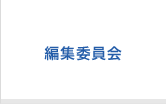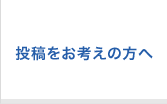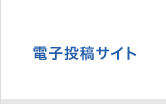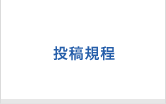<シンポジウム(3)―9―2>重症筋無力症の新たな病態と疾患概念
抗MuSK抗体はコラーゲンQとMuSKの結合を阻害する
大野 欽司
名古屋大学大学院医学系研究科神経遺伝情報学〔〒466―8550 名古屋市昭和区鶴舞町65〕
In myasthenia gravis (MG), 5-15% of patients are positive for MuSK antibodies. MuSK binds to LRP4 and transmits an agrin-mediated signal for clustering of acetylcholine receptor (AChR). MuSK also anchors the collagenic tail subunit (ColQ) of acetylcholinesterase (AChE). MuSK-IgG is a blocking antibody, but its molecular targets remained elusive. As acetylcholine receptor (AChR) deficiency is typically mild and as cholinesterase inhibitors are generally ineffective in MuSK-MG patients, we asked if MuSK-IgG interferes with binding of ColQ to MuSK. The in vitro overlay assay showed that MuSK-IgG blocked binding of ColQ to the neuromuscular junction of Colq-/- mice. The in vitro plate-binding assay showed that MuSK-IgG blocked binding of ColQ to MuSK in a dose-dependent manner. Passive transfer of MuSK-IgG to wild-type mice reduced the size and density of ColQ to ~10% of controls and had a lesser effect on the size and density of AChR and MuSK. These data point to a notion that MuSK-IgG blocks binding of ColQ to MuSK. As lack of ColQ compromises agrin-mediated AChR clustering in Colq-/- mice, a similar mechanism may lead to AChR deficiency in MuSK-MG patients.
Full Text of this Article in Japanese PDF (223K)
(臨床神経, 52:1306−1308, 2012)
key words:重症筋無力症,アセチルコリンエステラーゼ,コラーゲンQ,MuSK,抗MuSK抗体
(受付日:2012年5月25日)






